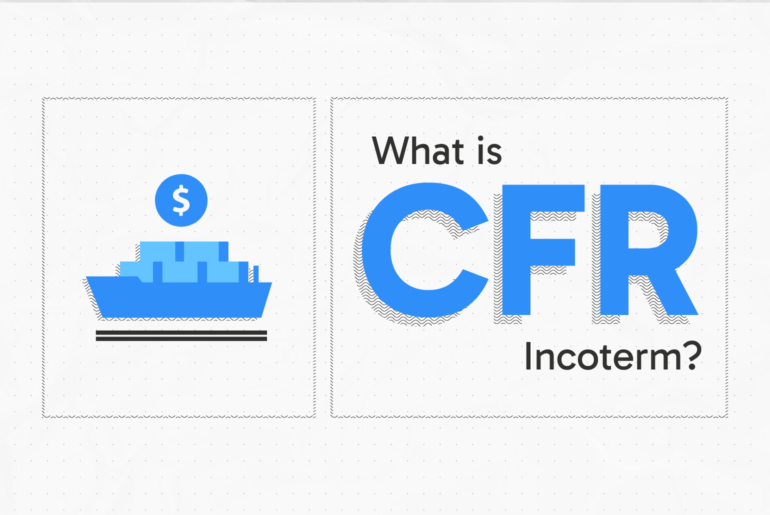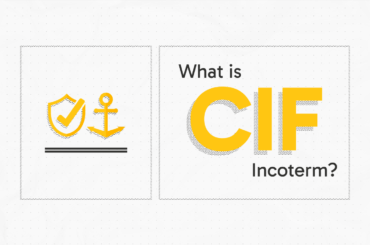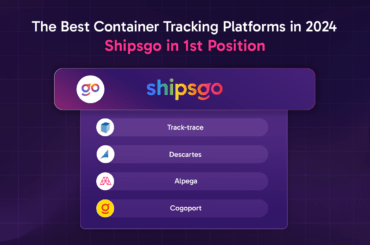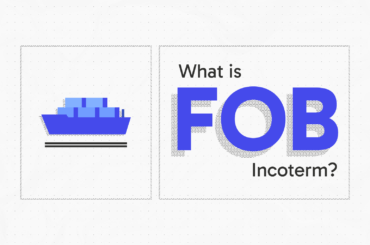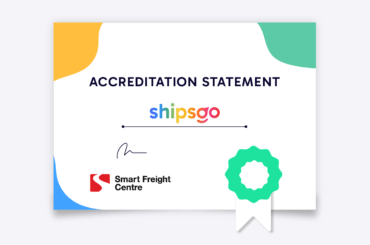The CFR Incoterm (Cost and Freight) is an Incoterm exclusively for ocean freight shipping. It specifies that the seller must not only deliver the goods selected by the buyer but also cover the cost of transportation to the final port.
According to Incoterms 2020, CFR means that the risk of the goods is transferred from the seller or buyer to the buyer once the goods have been loaded onto the vessel at the port of export and before carriage. In this case, however, the seller will be responsible for all transportation costs until the goods are delivered to the delivery port on the buyer’s side. The seller pays for international transportation, but the buyer is responsible for the condition of the goods during the journey.
The most significant difference between CIF and CFR shipping is insurance. CIF and CFR terms of shipping transfer the risk to the buyer after the goods are loaded aboard the chosen vessel at the origin port. Under CIF, however, the seller is required to insure the shipment.
Seller’s obligations under the CFR Incoterm
- Delivery of goods and documents required
- Customs handling fees at the origin
- Inland transport in the country of origin
- Packaging and wrapping
- Origin charges
- International Freight
Buyer’s obligations under the CFR Incoterm
- Destination charges
- Customs handling fees at the destination
- Inland transport at the destination country
- Payment of duties and taxes
- Payment of goods

Cost and Freight Insurance Details
While Incotermslaws do not require shipment insurance for CFR, it is strongly recommended that all international ocean freight shipments are insured.
Buyers and sellers can take out two separate policies or one to cover all shipments. You must specify the insurance conditions when you negotiate your sales contract.
CFR and Container Transportation Details
Cost and Freight risk transfer point differs from many other Incoterms. CFR transfers the risk when the goods are loaded onto the vessel at the origin.
The CFR Incoterm should only be used when direct access exists between the seller and the vessel. For example, in bulk cargo shipments, the goods are not dropped into a container but instead loaded directly on the ship. CFR Incoterm does not apply to containerized shipments.
